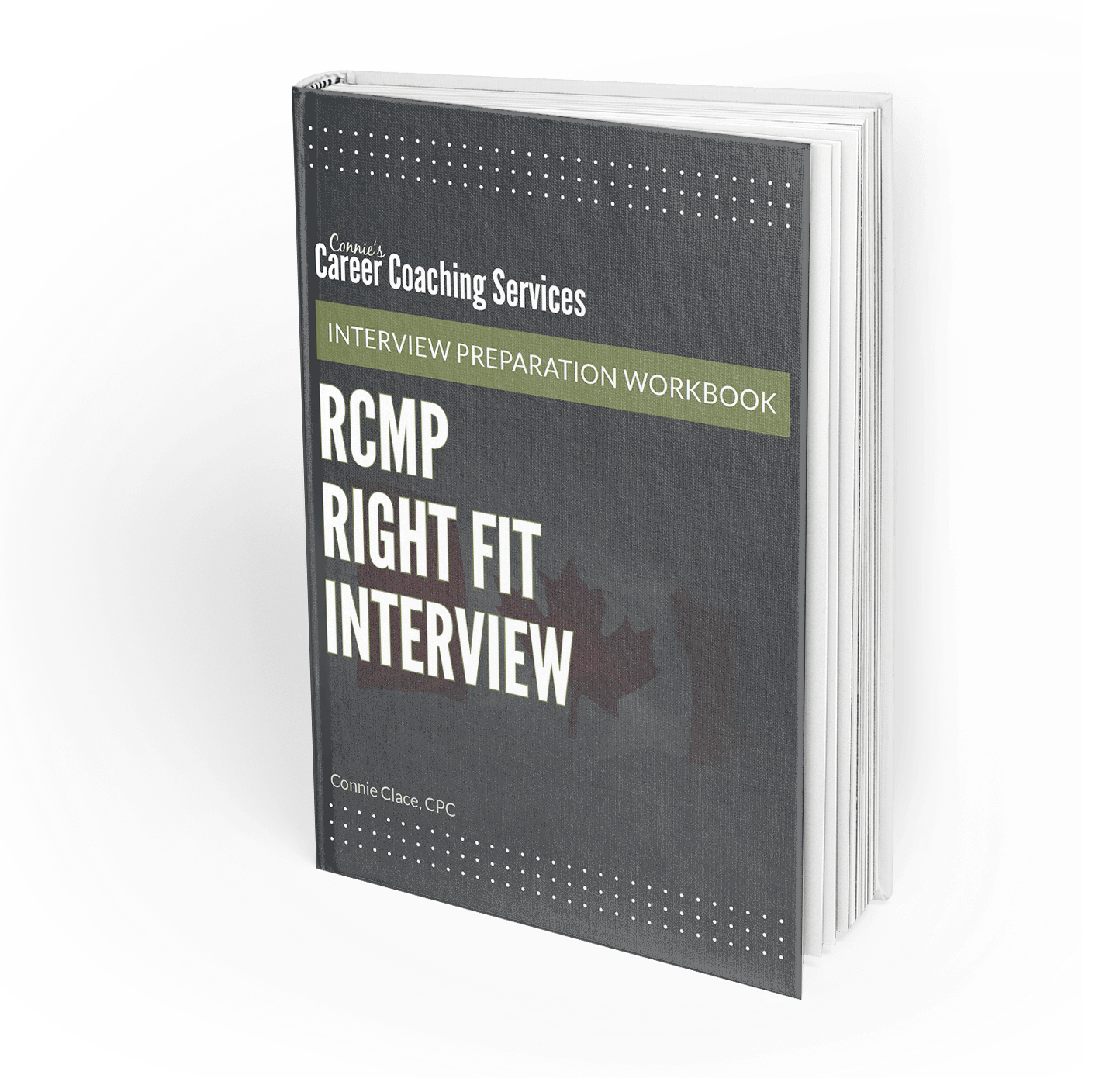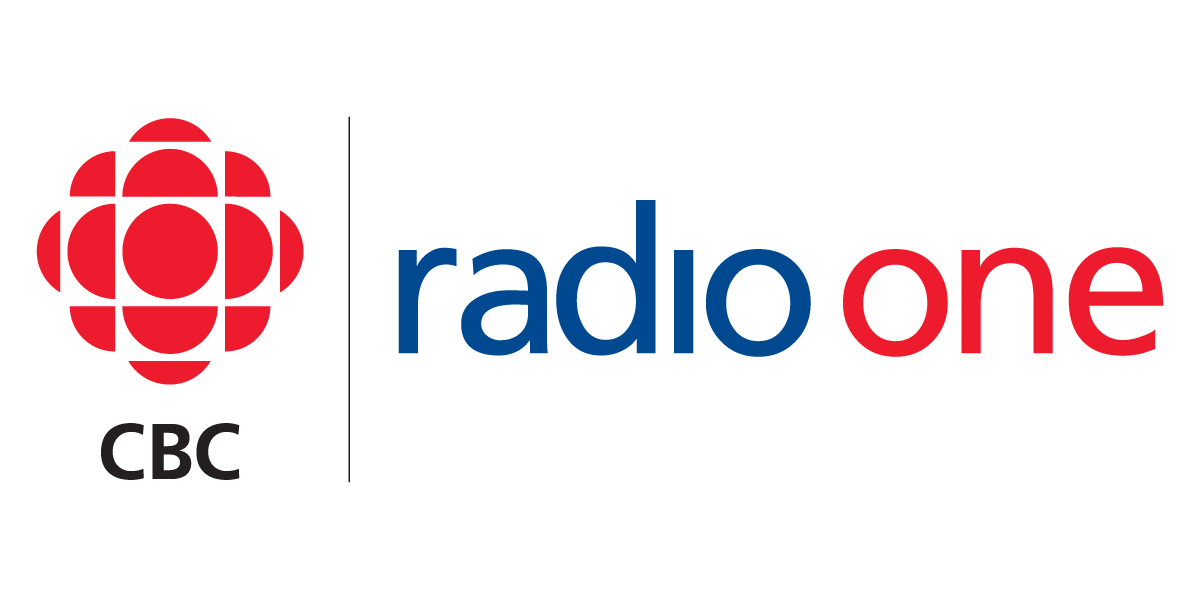Nail your elevator pitch! Your what? What is an elevator pitch?
Have you ever been at a social event, or a business meeting, or even in an elevator, when you have to make small talk? And after you finish talking about the weather, you are asked, “What do you do?”
If it’s truly just small talk with someone you aren’t likely going to see again, then you can give them a brief account of what you do.
“I work as a pediatric nurse.”
“I have just started a career as a fire fighter.”
“I am a lawyer.”
You get my drift.
But what if the person with whom you are talking is a potential employer? Now you have a couple of minutes to make an impression and you better make them count! This is when your elevator pitch will come to your rescue!
It’s called an elevator pitch because you have the same amount of time to make this speech as it takes to get to the top floor on an elevator. Although this conversation may not happen in an elevator, you may be faced with this question at your next networking event or while attending trade/job fairs.
You may ask yourself how you can possibly highlight all of your relevant experiences in one to two minutes.
It is possible!
Your elevator pitch should have a positive impact on the listener, and make them want to know more about you. Whether you are in an interview selling yourself to get that dream job, or at a trade show with potential employers, your elevator pitch could be the difference in them remembering you or not.
Let’s be honest. We are not all natural sales people.
And what is the hardest thing you will ever sell?
Yourself!
We generally find it very difficult to talk about ourselves, but that’s what the elevator pitch does. It’s a selling tool to sell you! You may be very good at what you do and offer a lot of great skills, but if you can’t articulate that, you may lose out on a great opportunity.
So, what does a great elevator pitch look like?
- Identify the need and a solution
- If the elevator pitch is for a job interview, understand what the required skills are so that you can highlight your relevant experiences and then demonstrate how you are the “right fit” for the role.
- Avoid industry jargon
- The elevator pitch should be simple, short and memorable. It should be easy enough to be understood by anyone! So avoid technical acronyms and use simple but meaningful words while communicating what you do and how you can help solve their problem.
- Practice!
- No matter how great your pitch is, if you don’t practice saying it, you may not deliver the relevant information when it matters most. It’s no different from anything else you want to do well. Practicing for perfection is key.
- Connect with your audience
- Make sure you still sound natural even after all your practice. You don’t want to sound like a robot.
- Customize your pitch.
- It is very important that your elevator pitch resonates with your target audience. So you might have to customize it to provide value to them by addressing their specific needs. But at the end of the day, it’s still your elevator pitch, so make it count.
Remember, the elevator pitch is NOT the time where you highlight all the valuable skills you can offer.
This is the time where you deliver the important points to your target audience. Make them want to get to know you better and learn more about your skills and experiences.
In the course of writing and practicing your elevator pitch, reach out to a friend or co-worker who has experience in crafting a great elevator pitch. Or reach out to a Certified Professional Career Coach who can help you target this all important message to your audience.
Start working on that elevator pitch now so you don’t miss out on that next great opportunity!!


Leave a Reply